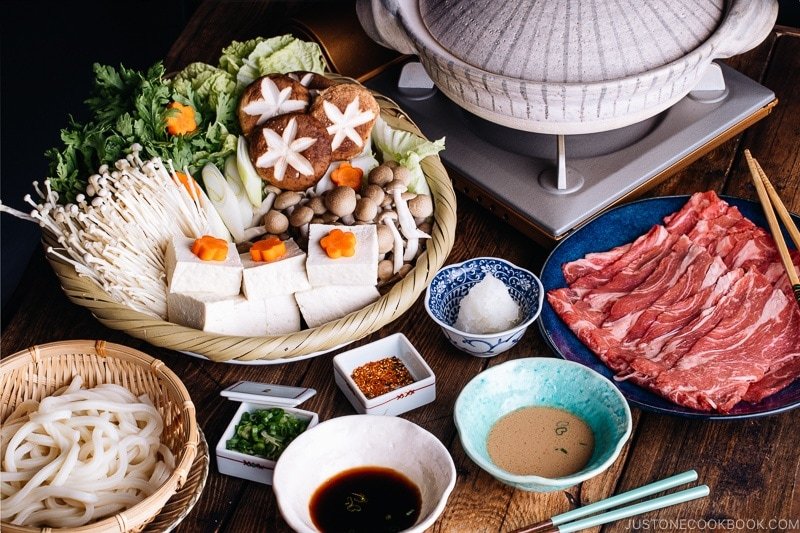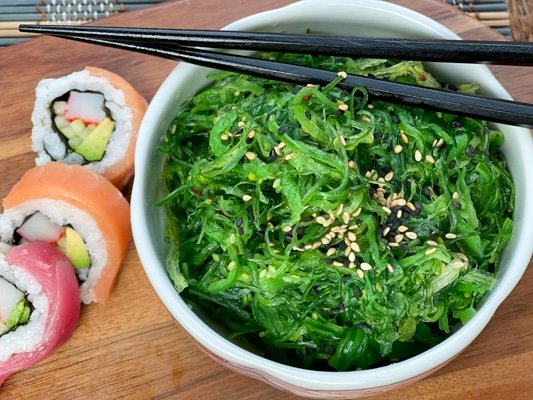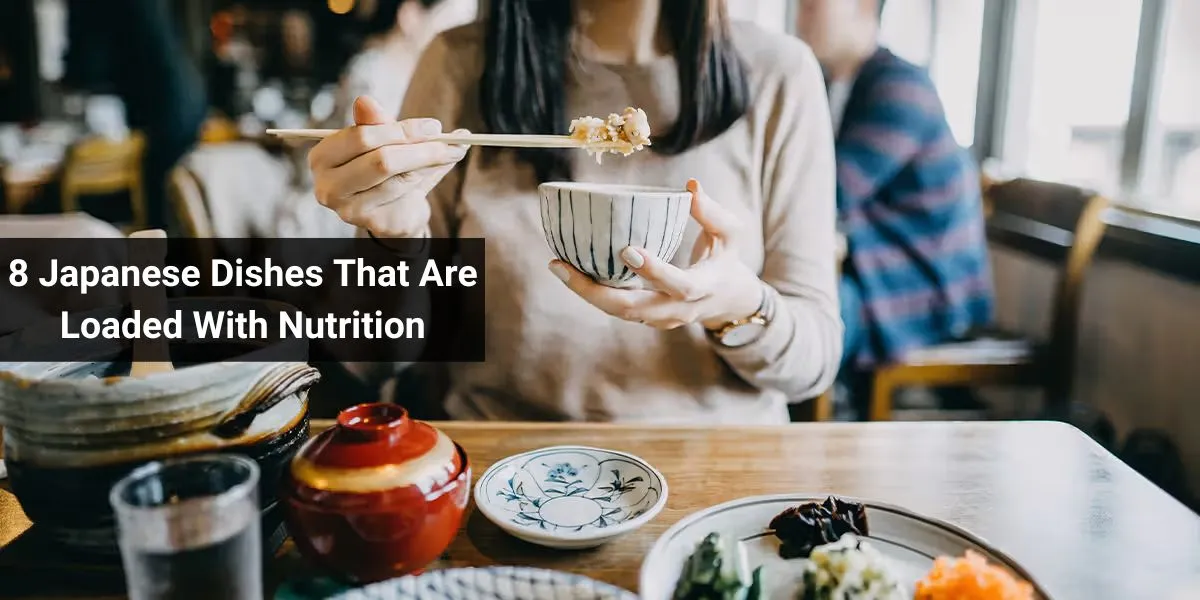Hey food lovers! Ready to explore the delicious and nutritious side of Japanese cuisine? Japanese dishes are renowned not just for their exquisite taste but also for their incredible health benefits. Let’s dive into eight Japanese dishes that are not only mouth-watering but also brimming with nutrition.
Understanding Japanese Cuisine
The Harmony of Flavor and Health
Japanese cuisine is a beautiful blend of taste, presentation, and nutritional balance. It focuses on fresh ingredients, minimalistic cooking methods, and a variety of textures and colors, making each dish a wholesome experience.
1. Sushi: More Than Just Raw Fish

A Nutritional Powerhouse
Sushi, a global favorite, is much more than just a treat for your taste buds. It’s typically made with vinegared rice, fresh fish, and a variety of vegetables, making it a well-rounded meal.
Health Benefits Galore
Sushi offers a great balance of carbohydrates, proteins, fats, and essential vitamins and minerals, especially when it includes veggies and omega-3 rich fish.
2. Miso Soup: A Bowl of Comfort

The Soul of Japanese Cuisine
Miso soup, often a staple in Japanese meals, is not only comforting but also packed with nutrition.
A Fermented Wonder
Miso, made from fermented soybeans, is rich in probiotics, essential for gut health, and packed with antioxidants.
3. Edamame: The Snack That Packs a Punch

Not Your Average Beans
Edamame, young green soybeans, are a delicious and nutritious snack. They’re often served as an appetizer in Japanese restaurants.
A Protein-Rich Veggie
These little green wonders are high in protein, fiber, and vitamins, making them a perfect snack for health-conscious individuals.
4. Tempura: The Delicate Delight

Light and Crispy
Tempura, featuring lightly battered and fried vegetables or seafood, is a testament to the Japanese art of frying.
The Nutritious Twist
When eaten in moderation and combined with fresh vegetables, tempura can be a delightful way to enjoy a variety of nutrients.
5. Natto: An Acquired Taste with Benefits

The Fermented Soybean Staple
Natto may not be for everyone, but it’s a nutritional powerhouse. These fermented soybeans are a staple breakfast dish in Japan.
Rich in Protein and Vitamins
Natto is high in protein, vitamins, and minerals, and it’s also known for its beneficial effects on heart health and digestion.
6. Shabu-Shabu: The Interactive Feast

A Pot Full of Goodness
Shabu-shabu is a Japanese hot pot dish that’s as fun to eat as it is nutritious. It consists of thinly sliced meat and vegetables cooked in a light broth.
A Healthy Choice
This dish is not only low in calories but also allows you to enjoy a variety of vegetables, making it a balanced meal.
7. Seaweed Salad: A Sea of Nutrients

The Ocean’s Gift
Seaweed salad, a common side dish in Japanese cuisine, is not just visually appealing but also loaded with nutrients.
A Superfood Salad
Seaweed is rich in iodine, vitamins, and minerals and is known for its anti-inflammatory and antioxidant properties.
8. Okonomiyaki: The Savory Pancake

Japan’s Answer to Pizza
Okonomiyaki, often described as a Japanese pancake, is made with a variety of ingredients like cabbage, meat, seafood, and topped with a flavorful sauce.
A Nutritional Powerhouse
This dish is a great source of protein, fiber, and vitamins, depending on the toppings you choose.
Conclusion: A Healthy Palette of Flavors
Japanese cuisine offers a delightful array of dishes that are as nutritious as they are delicious. These eight dishes are just the beginning of what Japanese cooking has to offer in terms of both taste and health benefits.
FAQ:
1. Is Japanese food suitable for weight loss?
Yes, many Japanese dishes are balanced and low in calories, making them a good choice for weight management.
2. Can I get enough protein from Japanese vegetarian dishes?
Absolutely! Dishes like edamame and natto are great sources of plant-based protein.
3. Is it hard to prepare Japanese dishes at home?
While some dishes may seem complex, many Japanese recipes are simple and can be easily prepared at home with the right ingredients.
4. Are Japanese dishes gluten-free?
Many are, but it’s important to check for sauces like soy sauce, which typically contain gluten.
5. Can Japanese food be a part of a heart-healthy diet?
Yes, with its focus on fresh ingredients and minimal use of unhealthy fats, Japanese cuisine can be a great part of a heart-healthy diet.
